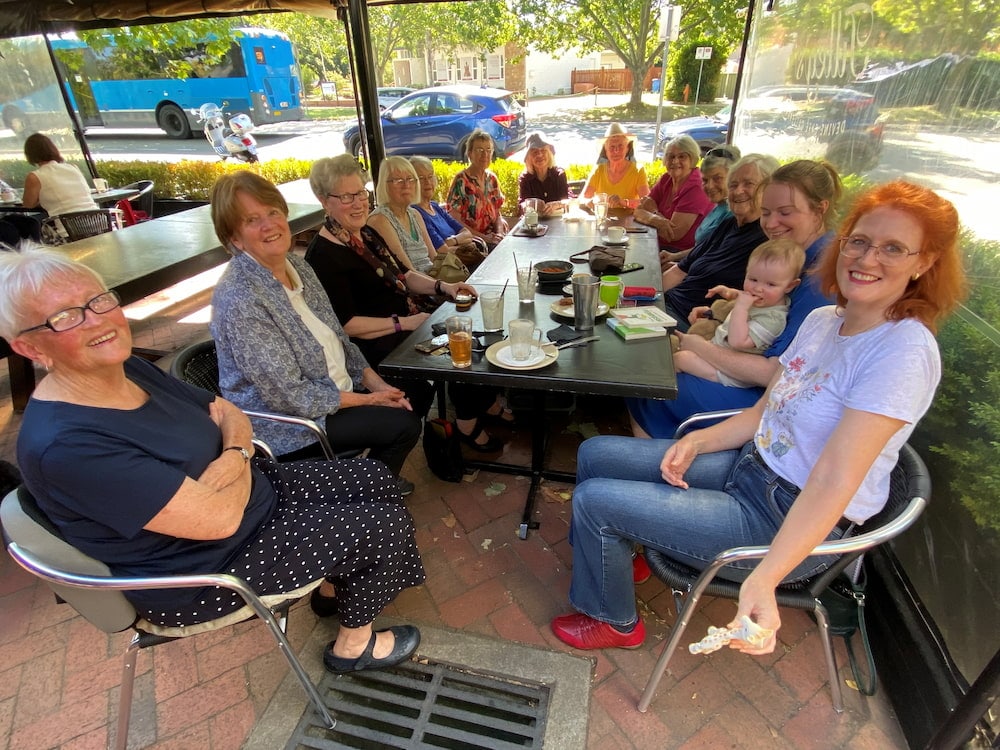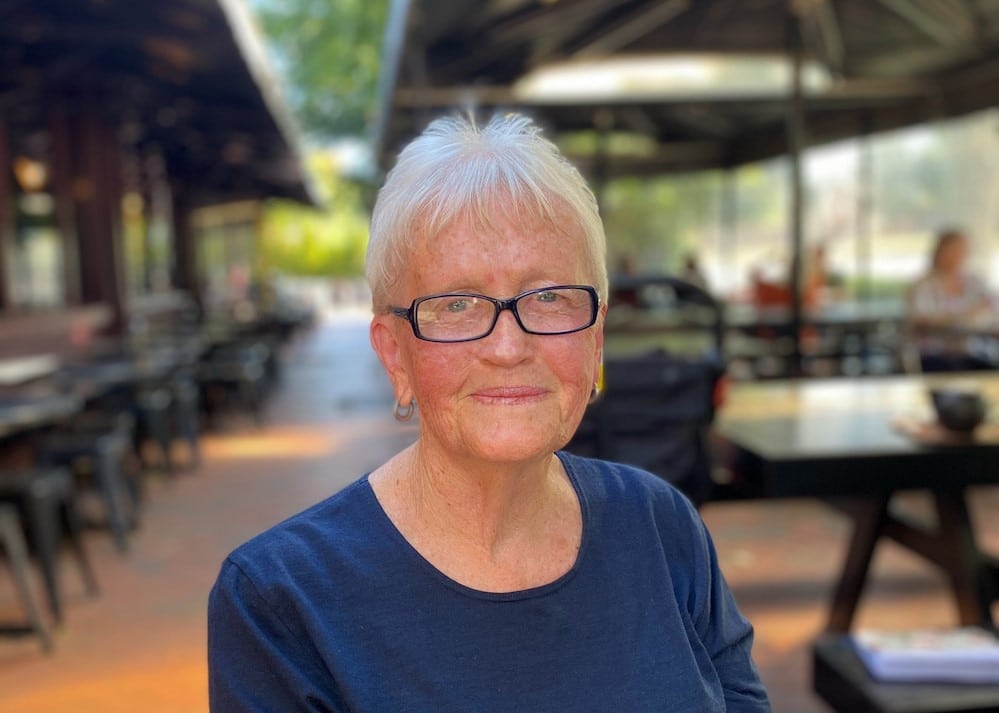More than 100,000 women and allies demanding an end to gendered violence are expected to take a stand in more than 40 locations across Australia at March 4 Justice today, 15 March, with Canberra’s event the epicentre.
The protest was sparked by the story of former parliamentary staffer Brittany Higgins, her subsequent treatment, and a spate of additional sexual assault allegations which were made public in recent weeks.
Higgins alleges she was raped in Parliament House by a colleague.
While the plans for today’s march took flight on Twitter, from 1970 to 1976 the Canberra Women’s Liberation Group spread its roots with telephone trees and a printed monthly newsletter.
A founding member of the feminist group who still call each other sisters, author and educator Biff Ward, says the current uprising is something she never thought she would live to see.
“Every wave does something profound that builds on what has come before,” she says.
Ward quotes one of her friends who says feminism “exploded our brains” in the 1970s.
“We could see patriarchy, and no one around us could.”
Although the sisters of the Liberation Movement were “desperate to influence other women” and enact change, Ward says their groups were “always quite small” and there was discussion over the years about how to hand the cause over to the next generation.

“I always said, ‘They’ll do it themselves, when they’re ready’.”
Today, Ward feels the “vast majority” of women can suddenly see what the Women’s Liberation movement identified decades ago.
In her opinion, it was the sexual abuse cases against Harvey Weinstein and the subsequent amplification of Tarana Burke’s #MeToo movement that marked a tipping point globally.
“Suddenly, women were believed in the public consciousness, and in the media, and that’s where the revolution turned.
“I think that’s the moment where what’s happening now became possible.”
But the struggle for gender equality is never over.
“It’s the law that needs to change now, and I think it’ll take 20 years – change doesn’t happen quickly.”
March 4 Justice organisers say they are campaigning for four outcomes from the nationwide protests.
Firstly, fully independent investigations into all cases of gendered violence, timely referrals to appropriate authorities and public accountability for findings.
Secondly, for the full implementation of the 55 recommendations in the Australian Human Rights Commission’s Respect@Work report.
Thirdly, to increase public funding for gendered violence prevention to world’s best practice.

And lastly, the enactment of a federal Gender Equality Act to promote gender equality, including a gender equity audit of Parliamentary practices.
Ward, who features in Australian documentary Brazen Hussies, will be one of many speakers at the Canberra march, which will platform survivors, First Nations women, activists, political figures, unionists, authors, students, journalists and more.
A Welcome to Country will be given by Aunty Violet Sheridan, and TV and radio host Julia Zemiro will emcee the event.
Attendees will meet at Parliament House from 11am, with the main event beginning at midday.
Protestors are expected to travel to Canberra from Tasmania, the west coast and Darwin, Queensland, Victoria and regional NSW.
“It’s bigger than I could ever have guessed, it’s just so huge,” Ward says.
“I often cry about it, it’s so incredible.”
This story was updated 10am Monday, 15 March.
Learn more on the Women’s March 4 Justice website and the Canberra event page.
If this story raised any concerns help is available:
Call 1800 RESPECT or Lifeline on 13 11 14.



